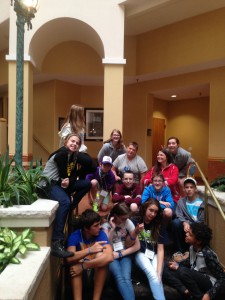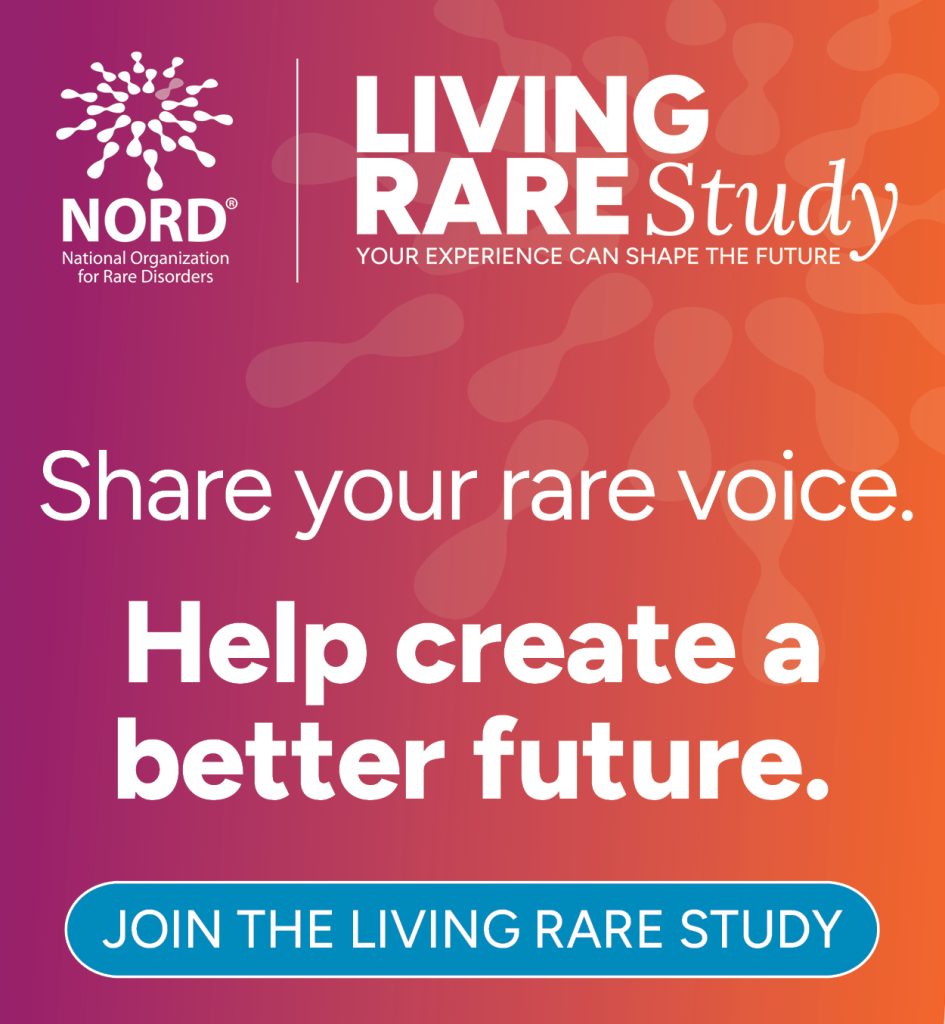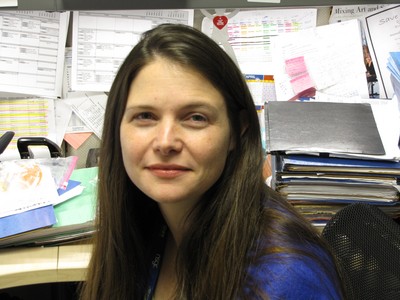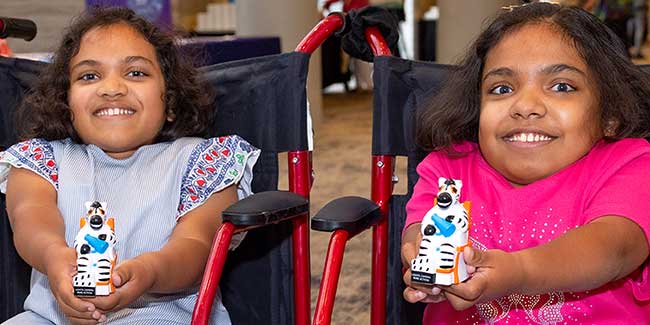A leading expert in her field, Dawn Laney, M.S., C.G.C., C.C.R.C. is a genetic counselor, instructor, and program leader at Emory University in the Department of Human Genetics. She manages Emory’s infusion center and lysosome storage disease clinical research, and is a sought-after specialist in Fabry Disease, a rare genetic disorder that can lead to kidney failure, heart disease, and strokes. She is also developing a project called Think Genetic, which uses the IBM Watson computer to explain genetic diseases in an interactive way.
Laney does not stop there. She takes her passion for helping people with rare diseases all the way to the state house, where she is making an impact on newborn screening legislation for the state of Georgia. She goes above and beyond the call of research to help families navigate the rare disease landscape after they have received a diagnosis. Even more, she writes children’s books on lysosomal disease to help kids and family members understand some of the related issues, attends and runs patient advocacy meetings, volunteers at family camps, and shows constant support for her patients.
Working in rare diseases affords her the opportunity to pursue something new every day. What she loves most, however, is “being right there and learning about new treatments, and working with patients… I want them to be empowered to stand up for themselves and have their voices heard.” 
For Laney, the hope is underscored by a harsh reality: “The most challenging part of my job is that our patients die. You feel helpless. There is a whole generation of men whose kidneys have failed. It is inevitable. I can’t do anything about it; all I can do is say I’m going to help your family.”
Patients who know Dawn say she cares so deeply. It is almost as if she is part of the family. Laney recalls an early experience that made a lasting impression: working with a young man, in his 30s, Laney was able to diagnose him with Fabry Disease after he had struggled for years. “We were in the hospital room and he started crying. He said, you just gave me the answer – there is something going on with me that nobody could ever find.” Her patient passed away, yet she was able to save his younger brother’s life. She tested for him for Fabry, which came out positive. The younger brother received the treatment intended for his sibling, thanks to Dawn.
What is Dawn’s hope for the future? “I want to continue to work in Fabry and decrease the impact of this disease, and I want to solve some more mysteries. My hope for rare diseases is that we find some more cures. My other hope is to put genetic counselors out of business.”
NORD is honored to share Dawn’s story and honor her with a Rare Impact Award. Read the stories of all the 2016 Rare Impact Award Honorees.





